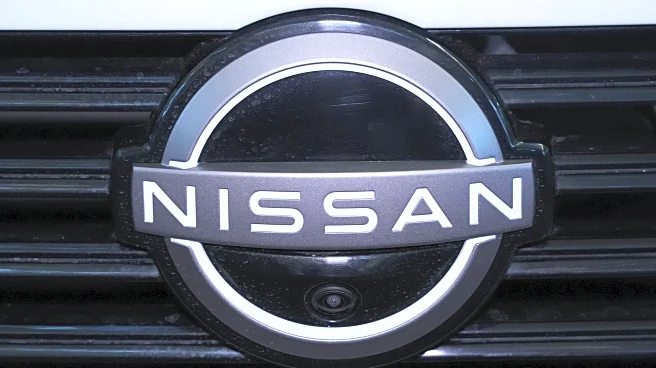What's Happening?
A recent study published in Nature critiques the application of site heterogeneous models in resolving ant phylogeny. The study points out flaws in the design and reporting of previous research that claimed to resolve the phylogenetic relationships of ants using these models. The critique highlights issues such as inadequate model testing, overstated results, and the conflation of site and compositional heterogeneity. The study emphasizes that the phylogeny of ants remains unresolved, and cautions against accepting results based on problematic analyses.
Why It's Important?
The critique of ant phylogeny resolution using site heterogeneous models underscores the challenges in phylogenetic research, particularly in accurately modeling complex biological data. This has implications for evolutionary biology, as understanding the phylogenetic relationships of species is crucial for studying biodiversity and ecological interactions. The study calls for more rigorous testing and transparent reporting in phylogenetic research, which could lead to more reliable conclusions and advancements in the field.
Beyond the Headlines
The study raises broader questions about systematic bias in scientific research and the importance of methodological rigor. It highlights the need for careful consideration of model assumptions and the potential for bias in data processing strategies. This critique could prompt further research into improving phylogenetic models and addressing biases, ultimately contributing to a more accurate understanding of evolutionary relationships.










